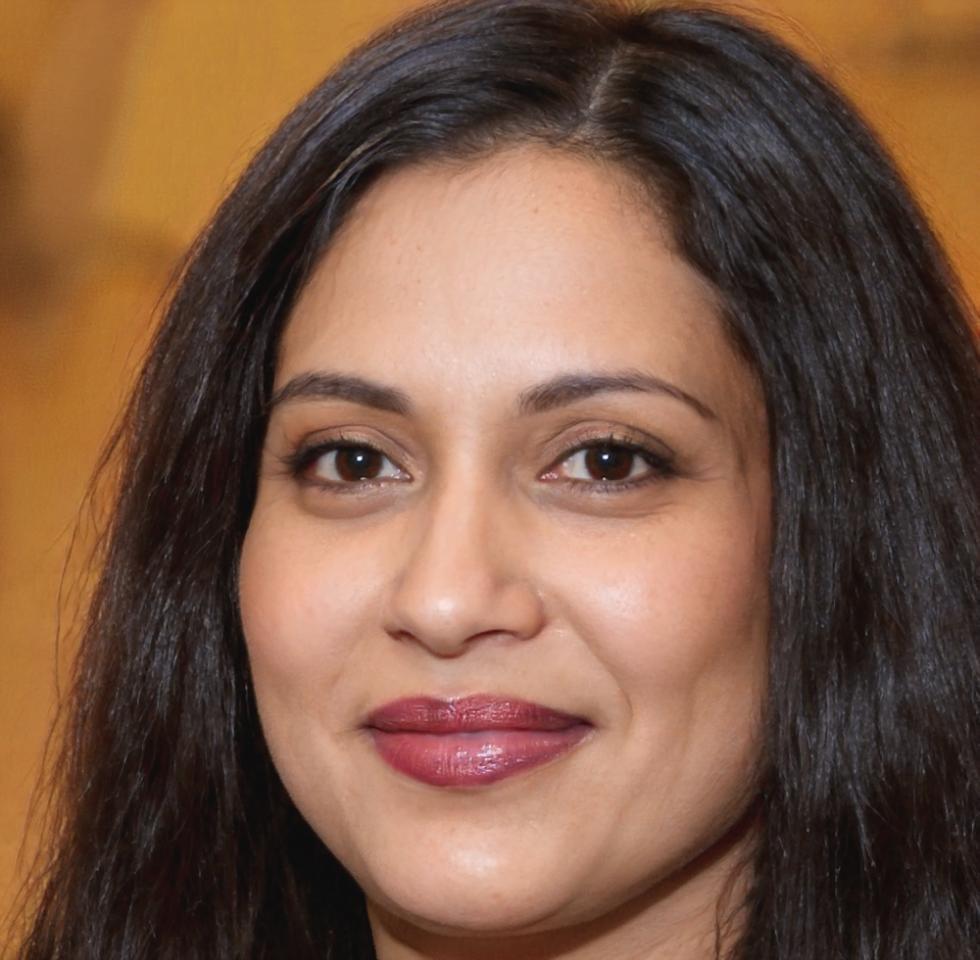Real Progress Takes Time
Freya Lindenbaum — Newcastle, NSW
Freya runs a small landscaping business in Newcastle. When she started with us in February 2024, she was constantly stressed about cash flow. Jobs would pay late, suppliers wanted money upfront, and she never knew if she could cover both.
Month 1-2: Tracking Reality
First thing she did was track actual income and spending for two months without changing anything. Just watching. She discovered her quiet months weren't random—they followed a clear seasonal pattern she'd never consciously noticed.
Month 3-5: Building Buffer
During busy spring months, she set aside 30% of surplus income into a business buffer account. Not for fun purchases—specifically for covering gaps between jobs. By June 2024, she had enough to stop panicking about timing.
Month 6-9: System Refinement
She started categorizing expenses differently. Instead of "business costs" as one giant category, she split it into materials, equipment, subcontractors, and marketing. That revealed she was overspending on quick material runs to Bunnings rather than ordering in bulk.
Current Day (2025): Sustained Growth
Freya now plans quarterly instead of weekly. She knows exactly how much buffer she needs and adjusts spending priorities based on seasonal income patterns. She hired an apprentice in January 2025 because her numbers clearly showed she could afford it.
Her business didn't suddenly triple revenue. She just stopped hemorrhaging money through disorganized spending and built predictability into an unpredictable income stream.
Start Your Own Progress
